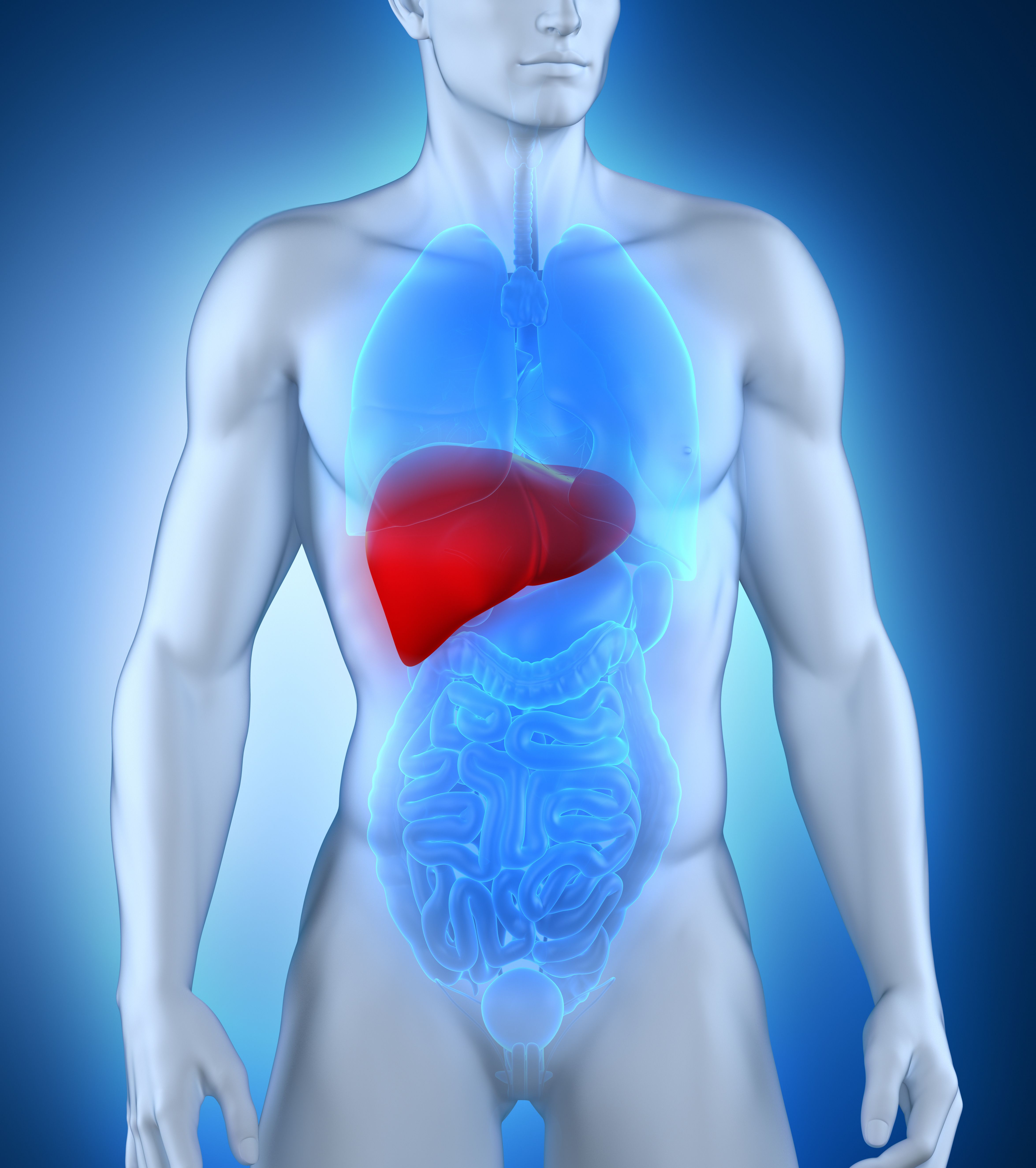FDA Grants EvoLiver Biopsy Test Breakthrough Device Designation for HCC
MEV01 trial results show that the test achieved an 86% early-stage sensitivity and 88% specificity in surveillance of HCC among patients with cirrhosis.
The EvoLiver test developers aim to publish final results from the MEV01 trial and set up a larger study to achieve FDA approval and broad reimbursement coverage.

The FDA has given the EvoLiver test breakthrough device designation for the surveillance of hepatocellular carcinoma (HCC) in patients with high-risk cirrhosis, according to a news release from the drug’s developer, Mursla Bio.1
Data from the MEV01 trial presented at the 2024 American Association for the Study of Liver Diseases (AASLD) Liver Meeting, which prospectively collected data from 464 patient samples, revealed that the extracellular vesicles (EV) multiomics biomarker signature for HCC attained an 86% early-stage sensitivity and 88% specificity, which significantly surpassed existing surveillance techniques, particularly ultrasound and alpha-fetoprotein testing.2 Etiologies encompassed metabolic dysfunction-associated steatohepatitis (MASH)/fatty liver disease, alcoholic liver disease, and hepatitis.
The EvoLiver test was developed to isolate organ-specific hepatocyte EVs from blood samples, enabling HCC biomarker signature evaluation comprising fewer than 10 microRNAs and proteins. Additionally, EvoLiver leverages the h-EV isolating platform to distinguish HCC with cirrhosis from non-cancerous cirrhosis.
“Our flagship test has shown that our pioneering method of non-invasively capturing dynamic cellular processes from specific tissues via organ-specific EVs can detect early-stage HCC with far greater sensitivity than standard techniques,” Pierre Arsène, founder and chief executive officer of Mursla Bio, said in the news release on the study findings.2 “Earlier detection is critical to improving survival rates, as it enables access to effective treatments such as ablation, resection, or transplant. Our blood modality is also a more convenient method that will increase patient adherence to surveillance testing. EvoLiver represents an important step forward in the way liver cancer is detected and monitored.”
The MEV01 trial aims to prospectively collect a maximum of 800 patient samples from over 500 patients.3 Additionally, the trial will evaluate over 300 patients considered to be at a high risk for HCC who are diagnosed with cirrhosis, more than 150 of whom will have HCC. The ongoing trial is occurring across more than 5 real-world practices, including hospitals at Imperial College London and UCL Cancer Institute.
According to the developers, clinical guidelines recommend routine surveillance for patients characterized as high risk for HCC, but adherence remains low, and the standard-of-care method for surveillance, ultrasound, has limited sensitivity for small tumors or in patients who are overweight. These challenges result in late diagnoses, unfavorable clinical outcomes, and increased cost of care. Seeking to replace ultrasound, the developers made the EvoLiver test to combine the sensitivity, convenience, and affordability of a routine blood test.
The developers are advancing regulatory compliance for EvoLiver as a laboratory developed test (LDT) in preparation for a planned product launch. Additionally, the developers are seeking to gain future FDA approval for EvoLiver through the premarket approval (PMA) pathway to facilitate broader clinical and commercial potential. Furthermore, the developers aim to publish final results from the MEV01 trial and set up a larger study to achieve FDA approval and broad reimbursement coverage.
“This designation is a powerful validation of both our scientific vision and clinical strategy. EvoLiver is the first liver cancer surveillance test in at least 5 years to receive FDA breakthrough status,” Arsène said in the news release on the FDA decision.1 “This is not another iteration on liquid biopsy; it is a leap. We are creating a new diagnostic layer based on organ-specific EV intelligence, enabling us to identify disease in ways previously not possible. EvoLiver has the potential to transform liver cancer surveillance by enabling earlier detection through a more accurate, accessible, and patient-friendly blood test.”
References
- Mursla Bio receives FDA breakthrough device designation for EvoLiver™ Test. News release. Mursla Bio. April 23, 2025. Accessed April 23, 2025. https://tinyurl.com/muhypukx
- Mursla Bio’s EvoLiver™ surpasses current standards in liver cancer surveillance, data presented at AASLD Liver Meeting 2024. News release. Mursla Bio. November 18, 2024. Accessed April 23, 2025. https://tinyurl.com/4fkk2hnn
- Clinical Study (MEV01). Mursla Bio. Accessed April 23, 2025. https://tinyurl.com/52wceu4y